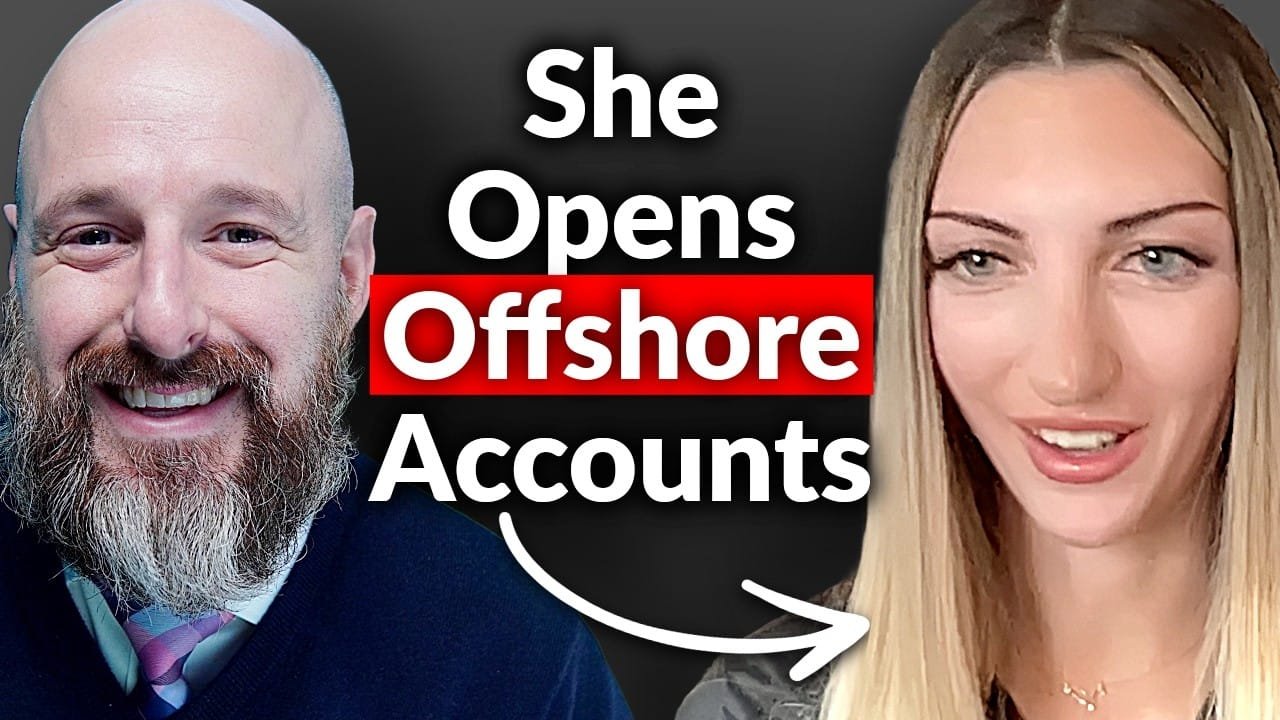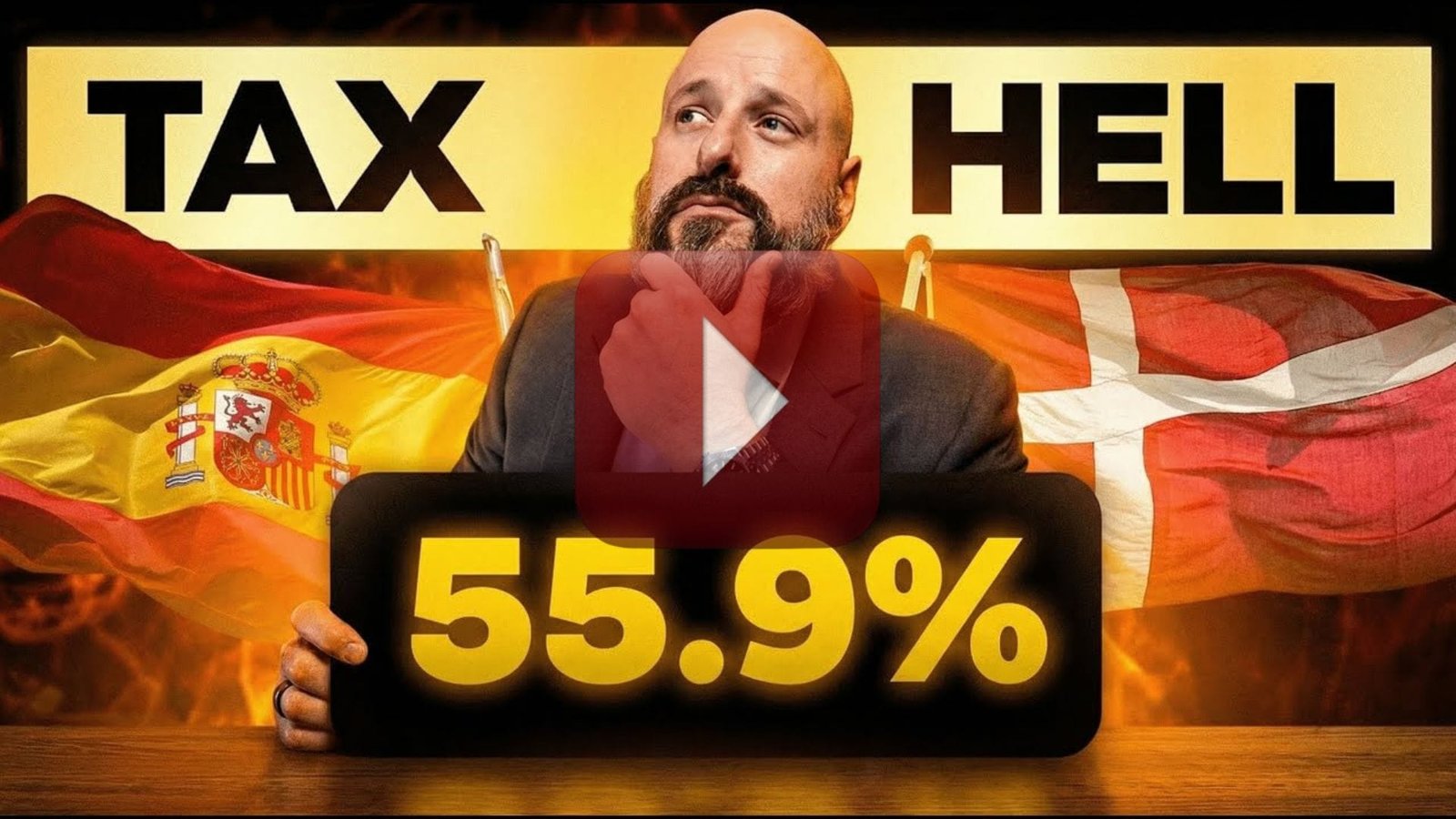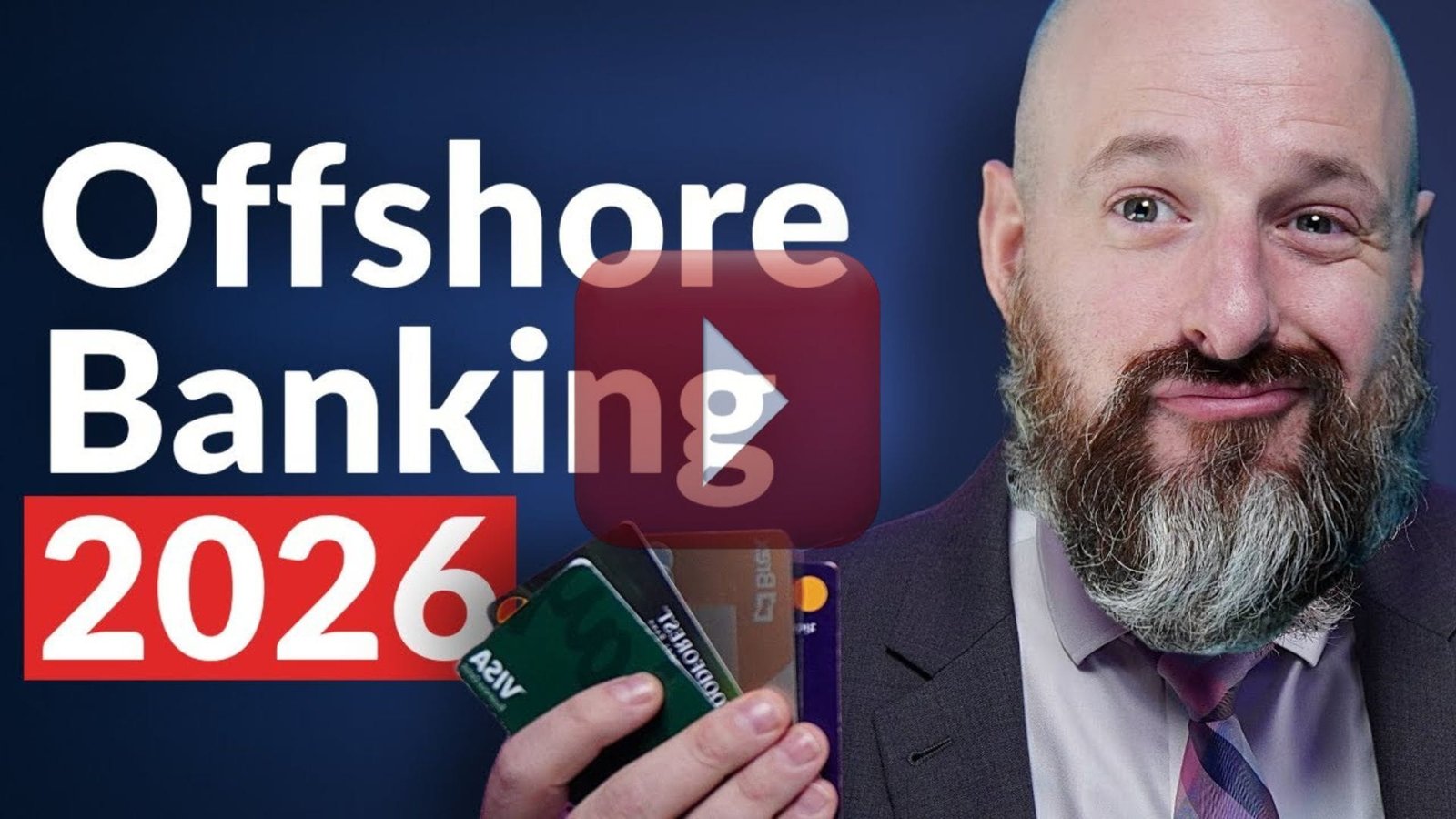
Every global founder has felt it—the moment when product-market fit collides with payments friction. You’re shipping orders into Germany, closing retainers in Spain, taking marketplace payouts across the EU, and then your US-only rails slow you down with fees, delays, and “please upload one more document” emails that read like a dare. The fix isn’t louder support tickets; it’s banking in the currency and time zone your revenue lives in.
A European business account with IBAN + SEPA changes the tempo: clients pay you domestically, settlements clear faster, and conversion drag shrinks. This isn’t theory; it’s operations. In fact, the team featured in the interview describes a client with high cross-border volume who, after optimizing jurisdiction and account choice, saved $270,000 in transaction and operational costs—real money you can put back into ads, inventory, or senior talent.
Why Europe (and When Switzerland or Luxembourg Make Sense)
Open a European account and you stop forcing European clients to pay “internationally.” With SEPA rails, invoices settle like local payments, marketplace disbursements arrive without the transatlantic lag, and your accounts payable team stops living inside currency spreads.
For entrepreneurs who are also wealth builders, jurisdictions like Switzerland or Luxembourg add a different dimension—relationship-led private banking, asset and currency diversification, and access to European investment products—while still integrating with a US-centered business footprint.
The critical nuance is matching intent to infrastructure: operational accounts need speed, uptime, multicurrency, and cards your team can actually use; private banking is about service depth, custody, and long-horizon options. The interview underscores both tracks—business and personal—handled in parallel when founders need execution and wealth tools at the same time.

Where to Bank for Operations: UK & Northern Europe (and Why They’re Underrated)
If your day job is moving money, not admiring it, you want jurisdictions that have quietly become excellent for operating accounts. The conversation points to United Kingdom as a stalwart for business banking and highlights Northern Europe—Finland and Estonia—as fast-improving ecosystems with reliable rails, multilingual support, and card programs that don’t collapse when your ad spend spikes.
Founders often underestimate these markets because they don’t trend on social; yet, in practice, they ship the feature set that matters: dependable SEPA, sane compliance workflows, and real support when you need a human. If you’ve outgrown basic fintech wallets or had inconsistent assistance, stepping up to a European bank with a dedicated relationship manager can pay for itself in fewer freezes and faster resolutions.
Americans, FATCA & the “Can I Even Do This?” Question
If you’re a US citizen or green card holder running a US LLC with foreign banking, the acronyms start flying—FATCA, KYC, CRS—and you begin to wonder if the door is closed. It isn’t.
Relationship-driven institutions in places like Switzerland do onboard Americans through introducer channels, which means the bank knows who is walking in and what the facts are before compliance ever says hello.
Practically, you should expect deeper due diligence and ongoing information sharing under FATCA; that’s the price of admission, not a red flag. For US entities that hold foreign accounts, you may also encounter foreign bank account reporting requirements (FBAR) at the entity level, whereas many founders using US-licensed fintechs with multi-currency balances don’t hit those filings in the same way. The takeaway is not “avoid Europe”—it’s “align facts to the correct disclosure path so compliance is a workflow, not a war.”

From Pakistan to Product-Market-Fit: Banking Access for “Higher-Risk” Passports
Not all passports clear the same gates. If you’re from a jurisdiction that banks label “higher risk,” your first experience is often a wall of polite rejections. That’s where introducer relationships matter, because when a bank trusts the introducer, it’s willing to examine your facts instead of your passport stereotype.
The team in the interview calls out Pakistan as a workable case and is candid that sanctioned countries (e.g., Russia, Iran) are a hard stop. For eligible founders, Switzerland resurfaces as a strong option, especially when you can access reduced minimum deposits and fee schedules that a walk-in applicant wouldn’t see—and the entire process can run fully remote when you don’t have time to fly. This is the quiet edge sophisticated operators use: they borrow the introducer’s reputation to let their own track record get a fair reading.
The Introducer Advantage: Lower Minimums, Faster Onboarding, Multilingual Support
Banks run on risk and relationships; introducers trade in both. With 60+ partnered banks and 30+ specialists fluent in the languages you and the bankers actually speak, the process stops being guesswork.
Lower opening fees, reduced minimums (sometimes by an order of magnitude), and faster onboarding aren’t magic—they’re negotiated pathways used repeatedly for similarly profiled clients. Add in a network of 38+ allied professionals to handle local bureaucracy where in-person procedures still exist, and the friction drops further.
The tactical result is simple: your file lands on the right desk with the right framing, your expectations match the bank’s policies, and your approval odds rise without heroic effort from you.

The Card Everyone Asks About: Amex “Black” From Outside the US
Status aside, charge cards are working capital with airline wings. What most founders don’t realize is that the American Express Centurion program exists outside the US as well—and in some countries the earn rates are richer.
The discussion highlights Switzerland and especially Brazil, where the Centurion version can award up to 5x on general spend and 7x on travel, provided you meet minimum deposit thresholds (≈ $1M or equivalent) at partner institutions connected to the issuance.
For operators spending seven figures a year on ads, inventory, and travel, the math is brutal—in a good way. When points multipliers stack against your real spending profile, you offset fees, buy flexibility, and turn a necessary cost into a balance sheet-friendly asset.
Your 90-Day Banking Blueprint (Remote, Defensible, Built to Scale)
Start with the business you actually run, not the meme you saw: where are clients, in what currencies do you bill, and how often do payouts sit inside the EU? From there, blueprint the operational account first (UK/Northern Europe for speed, SEPA, and multicurrency), then layer private banking if wealth management is on the agenda (Switzerland/Luxembourg).
If you’re American, route the process through introducer-led banks that are accustomed to FATCA workflows and decide upfront whether any FBAR or parallel disclosures will apply so filings never become a surprise.
If your passport raises compliance eyebrows, let the introducer set the table with track record and volume so your application isn’t reduced to a risk score, and when card strategy matters, calculate whether an overseas Amex Centurion program fits your spend and deposit economics better than the US version.
Package the narrative—ownership, source of funds, business model, expected volumes, counterparties—so the banker sees what an underwriter needs to approve. If it reads clean, it banks clean.
FAQ – Quick Answers for Foreign Founders
Yes. Through introducer relationships, founders routinely complete KYC, onboarding, and account activation without traveling. Some banks still offer or prefer in-branch visits for relationship-building, but a fully remote process is common when your file is curated and pre-matched to policy.
Switzerland excels at private banking, multilingual relationship management, and tailored fee structures; many operators pair Swiss private accounts for wealth with UK/Northern Europe accounts for day-to-day operations. The split keeps execution fast and preserves diversification.
No, but it changes the workflow. Banks onboard Americans through introducers accustomed to FATCA reporting and ongoing information sharing. Expect deeper due diligence, not a closed door. Align entity filings and, where applicable, FBAR responsibilities so compliance is baked in from day one.
For EU-heavy revenue, SEPA payments clear faster and avoid international wire fees and FX churn. Pairing local IBAN accounts with multicurrency management reduces conversion slippage and support friction—founders with high volume have documented six-figure savings after optimizing.
Yes, with caveats. Sanctioned countries are a hard stop, but higher-risk jurisdictions like Pakistan can be banked through trusted introducer channels that pre-qualify the case, often in Switzerland, with lower minimums and discounted fees relative to walk-ins.




